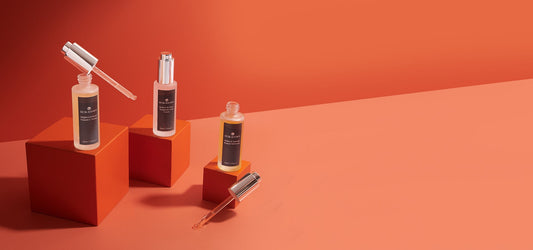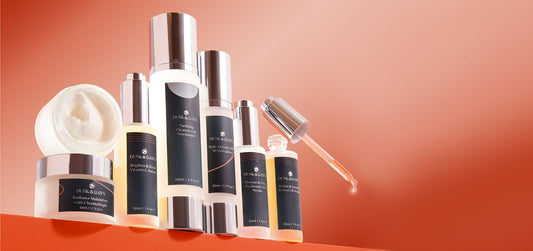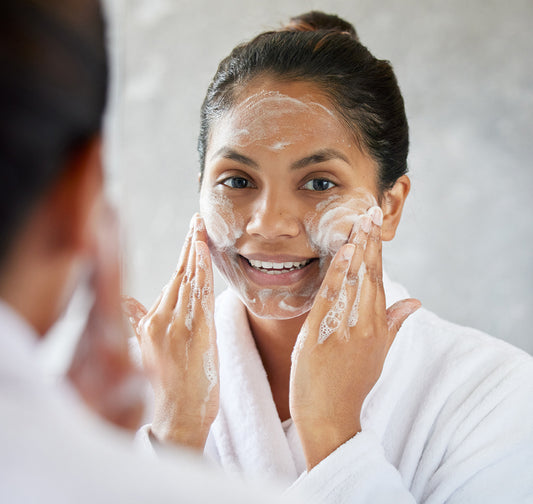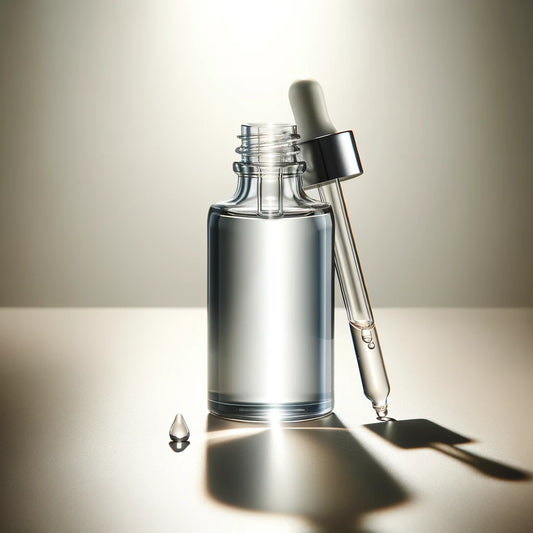News

The Benefits of Bergamot
What Is Bergamot? Bergamot is a citrus fruit with a unique aroma that’s equal parts bright and soothing. You might recognize it as the signature scent in Earl Grey tea...
The Benefits of Bergamot
What Is Bergamot? Bergamot is a citrus fruit with a unique aroma that’s equal parts bright and soothing. You might recognize it as the signature scent in Earl Grey tea...

Why we have a 30-Day No Fuss Returns Policy
At Dusk & Dawn, we don’t just create skincare—we design experiences rooted in values, vision, and verification. Here’s why we’re so sure our essentials will become your skin’s new best friends,...
Why we have a 30-Day No Fuss Returns Policy
At Dusk & Dawn, we don’t just create skincare—we design experiences rooted in values, vision, and verification. Here’s why we’re so sure our essentials will become your skin’s new best friends,...

The Ultimate Skincare Routine: Dermatologist-Ap...
Achieving radiant, healthy skin isn’t about expensive products—it’s about consistency, smart ingredient choices, and understanding your skin’s needs
The Ultimate Skincare Routine: Dermatologist-Ap...
Achieving radiant, healthy skin isn’t about expensive products—it’s about consistency, smart ingredient choices, and understanding your skin’s needs

Perfecting Your Wedding Day Look
Here’s how to ensure your skin is in prime condition on your wedding day, including tips on collaborating with your makeup artist.
Perfecting Your Wedding Day Look
Here’s how to ensure your skin is in prime condition on your wedding day, including tips on collaborating with your makeup artist.

How To Cleanse Your Skin
Cleansing your skin at night is more than just a step in your routine—it’s an essential ritual to refresh and prepare your skin for rest.
How To Cleanse Your Skin
Cleansing your skin at night is more than just a step in your routine—it’s an essential ritual to refresh and prepare your skin for rest.

The Importance of Hyaluronic Acid
Here's an overview of why hyaluronic acid is so important in skincare products.
The Importance of Hyaluronic Acid
Here's an overview of why hyaluronic acid is so important in skincare products.
